Video of Dr. Hoang Thi Hong Ha sharing:
Language is a vehicle of culture
From the perspective of a cultural researcher and direct worker in the Vietnamese community in France, Dr. Hong Ha emphasized two pillars: One is to invest strategically and systematically in teaching and learning Vietnamese, building a "digital cultural ecosystem" to preserve the "roots" of the nation; two is to strongly reform administrative procedures, creating "real opportunities" through policies such as the "Young Intellectual Visa" to arouse and attract the desire to contribute of the young generation of overseas Vietnamese. Culture is the "root", so a systematic strategy is needed to preserve identity and promote "soft power".
Expressing deep agreement with the orientation in the Draft Document of the 14th National Congress on "culture and people are the foundation, resources, and endogenous strength", Dr. Hong Ha said that this is a strategic vision, affirming the position of culture in the sustainable development of the country. However, according to her, to turn this vision into concrete actions in the community of more than 6 million overseas Vietnamese (VNONN), systematic and breakthrough solutions are needed. This is also a practical action to continue to bring the spirit of Conclusion 12-KL/TW of the Politburo on the work of VNONN in the new situation into depth, especially in the tasks of preserving and promoting cultural identity and spreading Vietnam's "soft power".
Dr. Hong Ha affirmed: "Language is the vehicle to carry culture. Losing Vietnamese means losing most of our identity. Therefore, investing in teaching and learning Vietnamese abroad must be considered a strategic task, the 'root' to preserve the nation. We need a systematic national strategy, not just stopping at mass activities." Therefore, the State needs to have a commensurate investment policy, especially in compiling modern textbooks that are suitable to the psychology and living environment of the young generation growing up abroad.
"In my role as a Vietnamese Ambassador, I realize that the demand for learning Vietnamese is huge, but we are lacking attractive teaching tools. We need to boldly apply technology, build vivid Vietnamese learning applications and games, and have a mechanism to train and recognize Vietnamese language teachers abroad," Dr. Hong Ha shared.
Along with language, Dr. Hong Ha proposed the idea of building a national "Digital Cultural Ecosystem". She analyzed that in the context of globalization, not all overseas Vietnamese families have the conditions to return home regularly. A national digital library, a 3D historical museum, a repository of film, music , art documents... will be a way for the young generation of overseas Vietnamese, no matter where they are, with just one click, they can access and learn about the history and culture of the nation in a visual and modern way. This is the most effective way to "return to the source" in the digital space.
In addition, Dr. Hong Ha also emphasized the role of culture as a "soft power" in people's diplomacy. Dr. Hong Ha suggested that there should be an annual support mechanism and professionalization of the organization of large-scale Vietnamese culture and cuisine weeks in other countries. "Cuisine and art are the shortest way to connect emotions, so that local people understand and love Vietnam. This is an effective channel to promote the national image and connect emotions," Dr. Hong Ha said. At the same time, the Document needs to more clearly affirm the role of overseas intellectuals and businessmen as key bridges in knowledge diplomacy and economic diplomacy.
According to Dr. Hong Ha, there needs to be a close and regular coordination mechanism between representative agencies and overseas Vietnamese associations and experts. Providing official and timely information is extremely important so that we have a solid basis and arguments to effectively participate in the fight against false arguments, protecting the image and interests of the country.
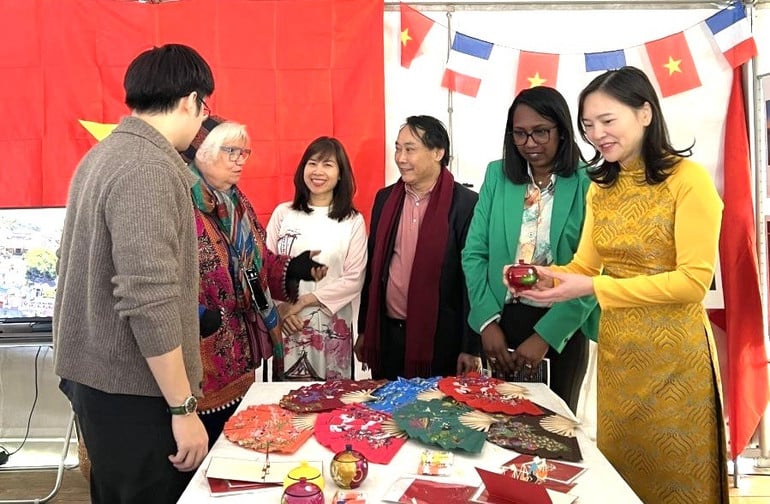
Arousing aspirations, pride and opportunities for real contribution for the young generation of overseas Vietnamese
Regarding the goal of "awakening the nation's strong aspiration to rise up", Dr. Hong Ha said that the most important target is the young generation, including domestic youth and students and the young overseas Vietnamese generation.
A very new point in Dr. Hong Ha's suggestion is to renew the concept of "national pride" in the eyes of young people: "Pride does not only come from thousands of years of glorious history, but also from the achievements of the present. The young generation of overseas Vietnamese is living in an international competitive environment, they will be proud to see a dynamic, innovative Vietnam, developing strongly in high technology such as Fintech, AI, Digital Transformation. We need to promote communication about these images to inspire".
Therefore, there needs to be a policy to honor and proactively promote successful young overseas Vietnamese role models who have made practical contributions to their homeland, creating motivation and inspiring other young people.
However, aspirations and pride must be "grounded" by specific, transparent participation opportunities. Aspirations will cool if students do not find a way to contribute. To solve this problem, Dr. Hong Ha proposed building a "National Opportunity Portal". This will be a centralized, transparent platform, updating all needs for projects, research topics, internship positions, and volunteer activities from all ministries, branches, localities, and large enterprises in the country.
"At that time, a student in France, an engineer in Japan or a researcher in the US could easily find an opportunity suitable for their expertise to participate," Dr. Hong Ha explained.
The root of the problem, according to Dr. Hong Ha, lies in administrative barriers. We talk a lot about attracting talent, but those who return home still face too many paperwork barriers. I recommend substantial reform, with a special 'one-stop' mechanism for young overseas Vietnamese. The State can research and pilot the policy of 'Young Intellectual Visa' or 'Volunteer Visa'.
This is not just a visa policy, but a strong message, affirming that 'The Fatherland welcomes you'. This visa can be valid for 1 - 2 years, issued to young overseas Vietnamese under 35 years old with degrees, allowing them to return home to intern, research, work at institutes, schools, or start-up projects in the most convenient and fastest way.
According to Dr. Hong Ha, these proposals are specific, breakthrough solutions to contribute to the successful implementation of the newly issued Resolution 71-NQ/TW of the Politburo on building and developing the intellectual team, especially in the goal of "attracting, promoting" and creating a favorable environment for young scientists and intellectuals, including overseas intellectuals.
To support this "new strength", Dr. Hong Ha suggested that the State create mechanisms and funds to support innovative start-up projects of overseas Vietnamese youth who want to deploy in Vietnam, especially in priority areas such as green technology, healthcare, and education. At the same time, it is necessary to promote and closely connect existing overseas Vietnamese expert and intellectual networks (such as the Global Vietnamese Innovation Network) so that they can become "advisors", directly leading and passing on experiences to the younger generation participating in key projects of the country.
Source: https://baotintuc.vn/thoi-su/can-co-co-che-va-chinh-sach-cu-the-mang-tinh-dot-pha-ve-van-hoa-va-con-nguoi-20251114104442545.htm



![[Photo] Unique art of painting Tuong masks](https://vphoto.vietnam.vn/thumb/1200x675/vietnam/resource/IMAGE/2025/11/14/1763094089301_ndo_br_1-jpg.webp)
![[Photo] Unique architecture of the deepest metro station in France](https://vphoto.vietnam.vn/thumb/1200x675/vietnam/resource/IMAGE/2025/11/14/1763107592365_ga-sau-nhat-nuoc-phap-duy-1-6403-jpg.webp)



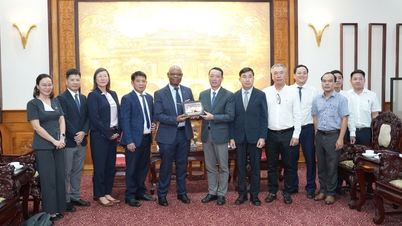

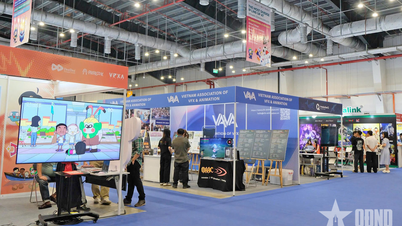

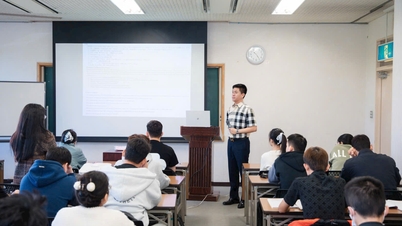


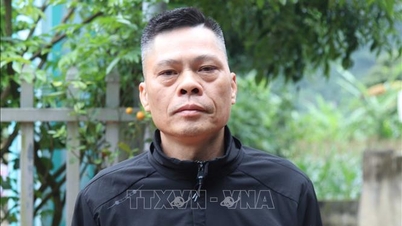
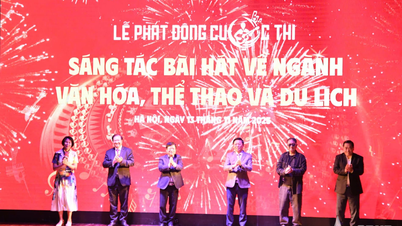
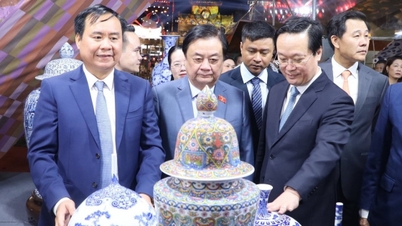

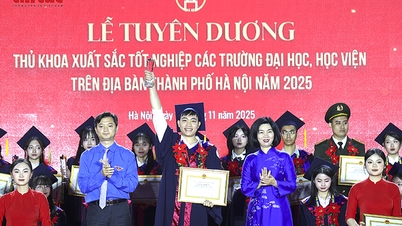
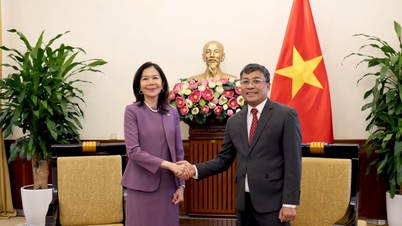

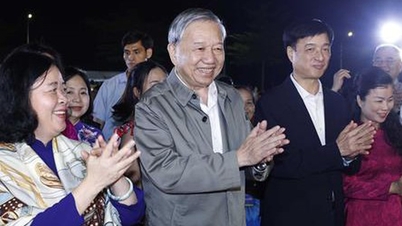

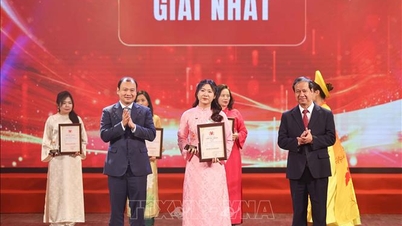





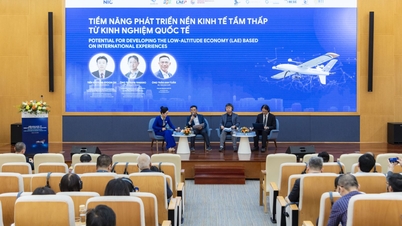
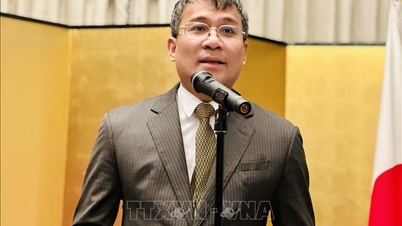

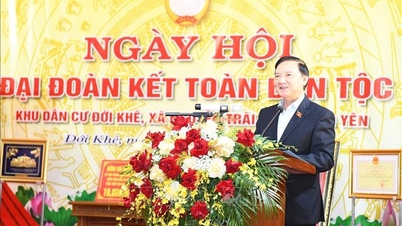
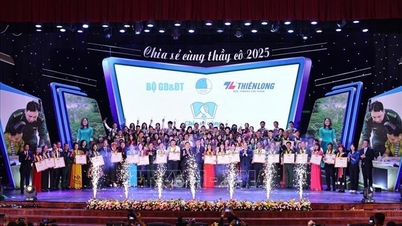

![[Photo] Special class in Tra Linh](https://vphoto.vietnam.vn/thumb/1200x675/vietnam/resource/IMAGE/2025/11/14/1763078485441_ndo_br_lop-hoc-7-jpg.webp)











































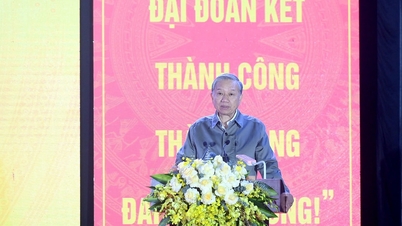



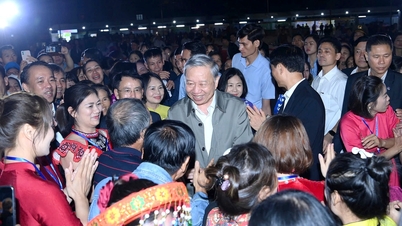
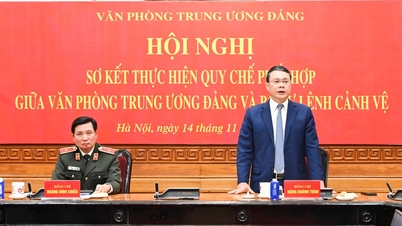




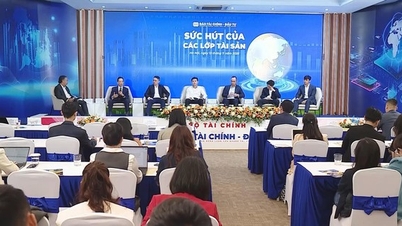
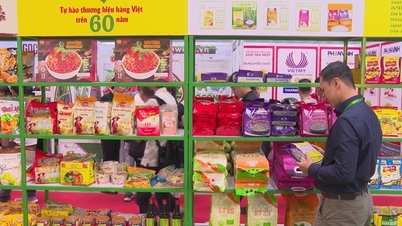
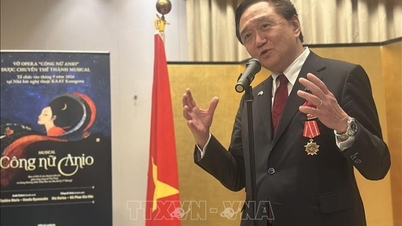

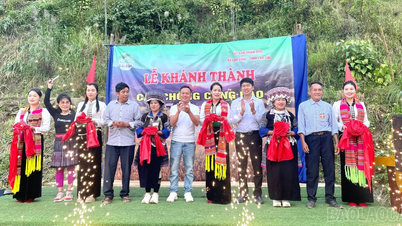

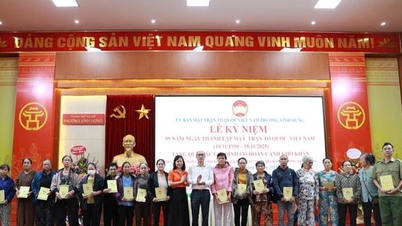








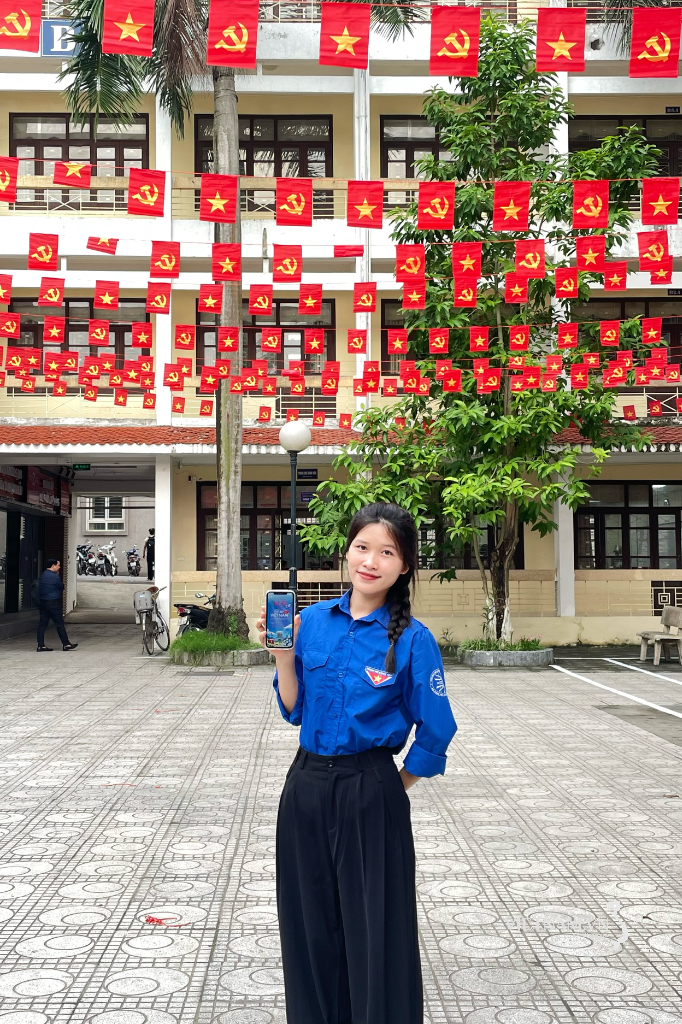

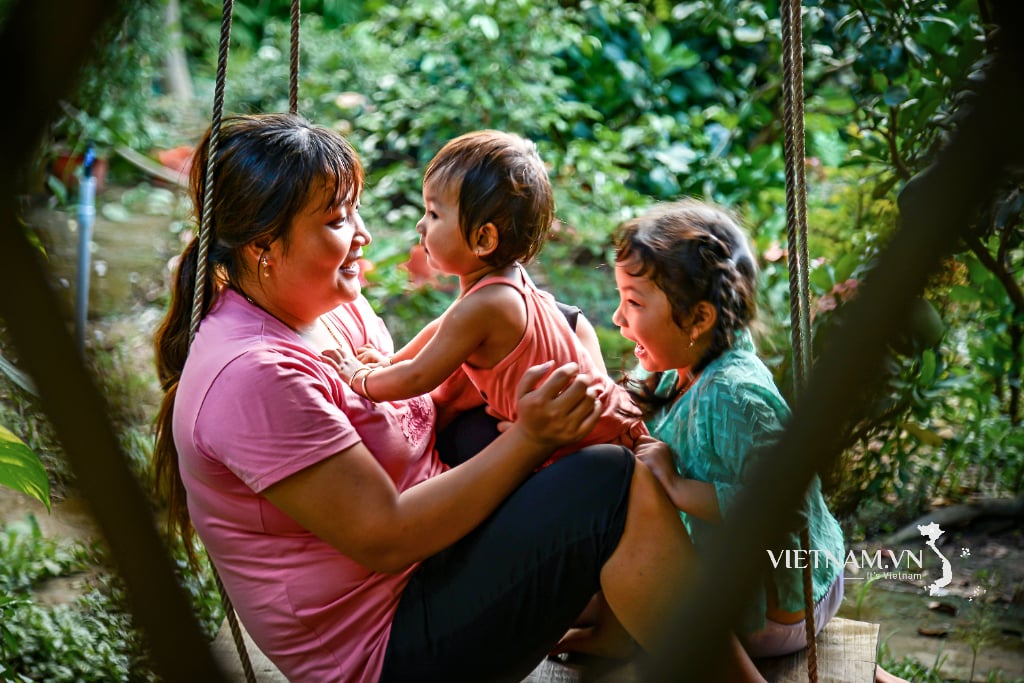

Comment (0)